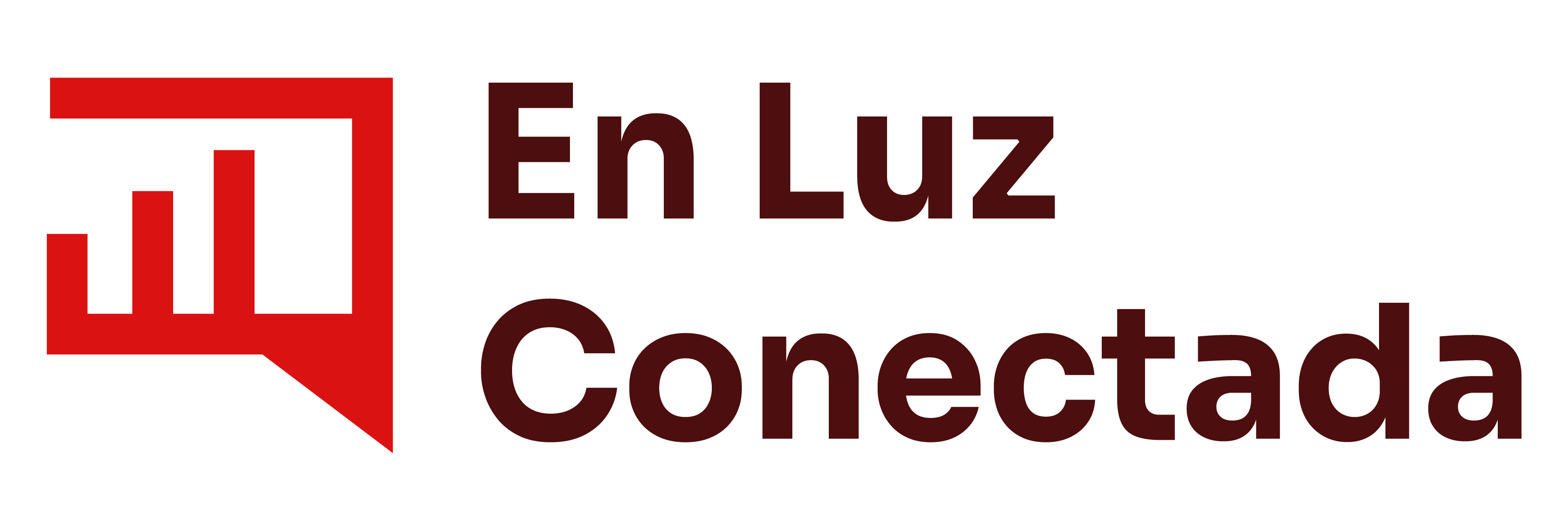Ever wondered why car loan interest rates can vary so much? It’s not just about the lender or the amount you borrow. Many things play a role, like the economy and your credit score. Knowing what affects these rates helps you find the best deals.
Overview of Car Loan Interest Rates in Canada
In Canada, car loan interest rates vary a lot. They can range from 4% to 12%. This change depends on how long you want to borrow for, if the car is new or used, and the lender’s prices.
These factors help decide what you’ll pay for a car loan. They affect how much you can afford to borrow.
Car loan interest rates follow the economy’s health. This includes things like inflation and financial stability. As the Canadian economy changes, so do these rates.
It’s important for people looking to buy a car to keep up with these changes. Knowing about interest rates can help you save money. It helps you make a smart choice when financing a car.
Factors Influencing Car Loan Interest Rates
When looking at car loans in Canada, understanding interest rates is key. Lenders have their own rules for approving loans. These rules can change a lot from one bank to another. Banks might be more lenient with those who have good credit scores.
Credit scores really matter when it comes to loan offers. A better credit score means you might get a lower interest rate. This is because lenders see you as less likely to default on the loan. On the other hand, those with lower scores might face higher rates.
The amount you put down as a down payment also affects your rate. A bigger down payment means less money to borrow. This makes the lender less risky, which can lead to better rates for you. All these factors, along with the state of the economy, shape car loan interest rates in Canada.
The Role of the Bank of Canada
The Bank of Canada plays a key role in the Canadian economy. It sets important interest rates that affect how much you pay for loans, including car loans. These decisions help shape how easy it is for people to borrow money.
When the economy changes, the Bank of Canada adjusts its policies. This can mean changing interest rates. Knowing about these changes helps people make better choices about borrowing money for cars.
The Impact of Credit Scores on Loan Rates
Credit scores are key in setting interest rates for car loans. Lenders use these scores to judge how reliable a borrower is. A good score means better loan terms, while a bad score can lead to higher rates or even loan denials.
Just a few points difference in credit scores can change loan rates a lot. Those with excellent credit get better deals. It’s vital to know how credit scores affect loan rates. To improve your score, pay bills on time, reduce debt, and check your credit reports for errors.
Comparative Analysis of Lender Offerings
In Canada, the car loan market offers a wide range of options. Traditional banks, credit unions, and online lenders each have their own financing choices. These choices can greatly impact the total cost of your loan.
Each lender has loan products designed for different needs. You might find loans with different repayment terms and interest rates. This variety is key to finding the right loan for you.
Comparing interest rates among lenders is crucial. Credit unions often have lower rates than banks, making them a good option. Online lenders focus on quick approvals and easy processes, appealing to those who like technology.
Exploring different loan products and terms is important. It helps you make a choice that’s good for your finances. Using interest rate calculators can help you see how different loans might work for you.
Looking for the best rates can help you get a better deal. This can lead to saving money in the long run. So, it’s worth the effort to shop around and compare.
Seasonal Trends in Car Loan Rates
Seasonal trends greatly affect car loan rates in Canada. At specific times, market changes lead to interest rate shifts. It’s crucial for buyers to keep up with these changes.
During holidays and end-of-year sales, lenders often offer better rates. This is to encourage more car sales. These times see more promotions to boost sales.
For example, new car releases or holiday sales events draw in buyers. This leads to more favorable financing options. Knowing when to buy can help get lower rates and save money.
The Importance of Loan Terms
Understanding loan terms is key when looking at car loans in Canada. Loan terms range from 24 to 72 months. This affects both your monthly payments and the total interest you’ll pay.
Short-term loans have lower interest rates. They require higher monthly payments but can save you money in interest over time.
Long-term loans, however, offer lower monthly payments. But, they often have higher interest rates, leading to more total costs. It’s important to think about your financial situation and repayment plan before choosing a loan term.
This helps you see how different terms impact interest rates and your overall expenses when buying a vehicle.
Tips for Securing Lower Interest Rates
To get a lower interest rate on a car loan, you need to be proactive and understand financial strategies. One key tip is to improve your credit score. Paying bills on time and reducing debts can boost your creditworthiness. This makes it easier to get better loan terms.
Planning your down payment is also important. Saving for a bigger down payment can lower the loan amount and show lenders you’re responsible. It’s smart to check your finances and set achievable savings goals.
Don’t forget to shop around for the best deals. Look at interest rates and terms from different lenders. Getting pre-approved can also give you an idea of available rates and help you negotiate better. Using these strategies can help you save money on your car loan.





